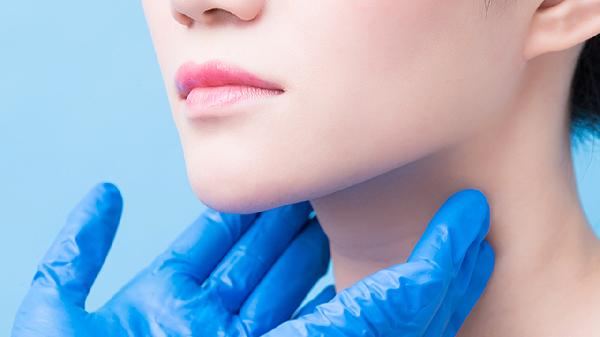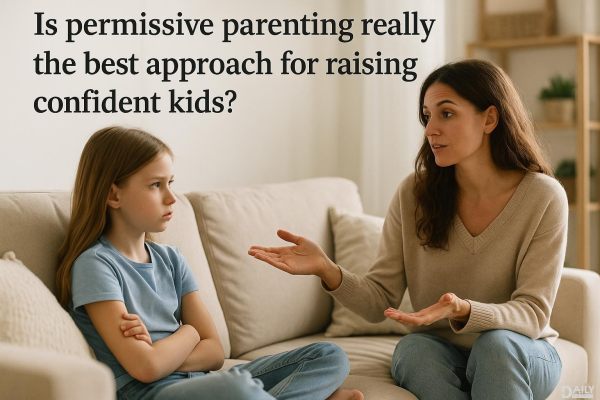Babies' cheeks are incredibly adorable, and many adults can't resist the urge to give them a gentle pinch to express their affection. But is it really okay to pinch a baby's face? Let's dive into it.
Is it okay to pinch a baby's face?
Absolutely not!
Why? You might think it's just a harmless pinch, but did you know that a baby's salivary glands and ducts are not fully developed and can't handle the pressure from an adult's squeeze? Adults don't always control their strength well, and some are stronger than others. Pinching a baby's cheeks can cause them to cry in pain and may even damage their salivary gland tissues, affecting their growth and development.

There are several dangers to pinching a baby's face
1. Increased crying
Most babies are closest to their primary caregivers, like mom and dad. To the baby, relatives and friends are strangers. If they pinch the baby's face, the baby will likely feel very resistant and start crying, which can have a negative impact on their emotional development.
2. Increased risk of bacterial infection
Babies in the oral phase love to suck on their hands. If adults frequently touch the baby's face with their hands, the bacteria on their hands can transfer to the baby's face. When the baby touches their face and then sucks on their hands, they can ingest the bacteria, which can affect their health.
3. Damage to the salivary glands
A baby's skin is delicate, and the salivary glands and ducts in their cheeks are not fully developed, making them very fragile. If adults frequently pinch the baby's face, the salivary glands and ducts can be compressed and damaged, potentially leading to salivary gland inflammation.
4. Impact on facial appearance
A baby's facial bones are very fragile and not yet fully developed. If adults frequently pinch the baby's face, it could lead to asymmetrical development of the left and right jaw. Over time, this can result in an uneven face, making the baby look less attractive.
5. Increased risk of drool rash
A baby's oral nerves are not fully developed, and they can't control saliva production on their own. Frequent pinching of the face can stimulate saliva production, leading to excessive drooling. If the drool isn't wiped away promptly, the digestive acids in the saliva can irritate the baby's chin, causing a drool rash and making the baby feel very uncomfortable.
Instead of pinching, show your love in these ways
In fact, there are many ways to express love besides pinching a baby's face. You can try holding the baby's hand, making them laugh, and so on. These methods are not only safe but also help build a strong parent-child bond without causing any harm to the baby.
So, if relatives and friends love to pinch your baby's face, don't feel awkward about it. Politely decline by explaining that the baby may feel pain from the pressure and inform them of the potential harms of pinching a baby's face. They'll likely understand and stop pinching the baby's face.
























